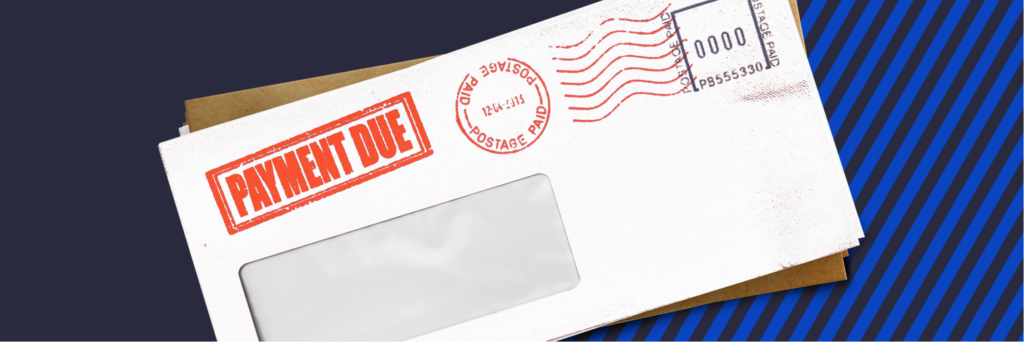Creditworthiness is a measure of a person’s likelihood and ability to repay their debts. It is one of many measures a lender can use to determine if you will be approved for a new credit card, loan, or line of credit.
Creditors consider several factors to figure out how big of a risk they would be taking by lending you money. The creditworthiness standards and definition may vary slightly between lenders. Some consider your income, how much you owe (liabilities), and how much you own (assets) when determining how likely you are to pay back the money you borrow.
Creditworthiness should be a goal for your future because the most creditworthy individuals are typically offered the best interest rates.
What is Your Creditworthiness Based On?
Creditworthiness factors are based on a review of your credit history and a determination of your ability to make repayments. A creditor wants to see that you have a track record of repaying your debt with on-time installments, including any past loans and credit card debt, before lending you money or extending your credit.
The steps to determining your creditworthiness include:
Reviewing Your Credit Report
Your credit report will show your credit history and how well you manage credit. A lender will look to see how much debt you owe, credit limits, and whether you have made late payments or if any payments are overdue to determine how likely it is that you will repay any money they lend you.
Calculating Your Debt-to-Income Ratio
Your ability to pay back a loan is partly determined by your income. By comparing your monthly debt payments to your monthly income, a creditor can figure out how much you can afford each month in installment payments. A debt-to-income ratio of 35% or less usually indicates good creditworthiness.
Checking Your Credit Score
Your credit score helps determine your creditworthiness and affects the interest rate you will be charged. A lower credit score indicates that you may be a higher risk for borrowing money and typically means you will be offered higher interest rates. When you have a low credit score, you may pay more to borrow money because the lender is taking a bigger chance that they won’t get their money back. A credit score of 670 to 739 or so usually indicates good creditworthiness.
Verifying Your Income
To be considered for a loan or credit, you are usually required to show proof of income. A copy of your tax return from the previous year or a paystub from your employer documents the amount of your income and helps creditors understand if you have a reliable source of income to help repay the credit.
How to Improve Your Creditworthiness
Improving your creditworthiness is an important goal for your future. It can affect a number of aspects of life, from getting an apartment lease or being approved for a mortgage, to qualifying for a car loan. Knowing how lenders define creditworthiness, you can see that paying your credit card bills on time is one of the most important steps you can take to develop creditworthiness. Other steps include:
Make credit card payments on time
Making on-time payments and avoiding late or overdue payments is one way to steadily increase your creditworthiness.
Clear up past-due debt
Pay your outstanding balances. If you can’t get current on your account, ask for a payment arrangement to get your past-due balance paid off.
Pay more than minimum
Paying more than the minimum amount due each month will get your debt paid off faster and save money on late fees and interest charges.
Check your debt-to-income ratio (DTI)
It’s easy to know your DTI score. Divide your total monthly debt by your monthly gross income. A DTI under 35% is acceptable to most lenders, although 28% is ideal. Reducing your debt and increasing your income can improve your DTI.
Pay credit card balances in full
Start building a solid payment history by paying your whole credit card bill each month. You may have to adjust your credit card spending to fit within your monthly budget.
Grow your credit
Apply for another credit card from a different bank or ask to have the credit limit on your existing credit card raised. When you have more credit available to you, your creditworthiness can improve.
Learn More About the Avant Credit Card
Improve your creditworthiness with the Avant credit card. Transparent and easy-to-use with zero fraud liability for unauthorized purchases and zero deposit required, the Avant credit card is a responsible choice for building strong credit. Checking your eligibility online does not affect your credit score; responsible use of the Avant credit card can help improve your credit score by establishing a track record of on-time payments.
The information provided on this website does not, and is not intended to, constitute legal, financial, or tax advice; instead, all information, content, and materials available on this site are for general informational purposes only. Information on this website may not constitute the most up-to-date legal, financial, tax or other information. This website contains links to other third-party websites. Such links are only for the convenience of the reader, user or browser; Avant does not recommend or endorse the contents of the third-party sites.
Avant branded credit products are issued by WebBank.




